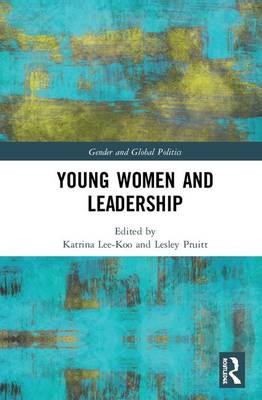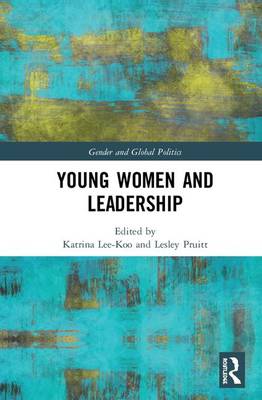
- Retrait gratuit dans votre magasin Club
- 7.000.000 titres dans notre catalogue
- Payer en toute sécurité
- Toujours un magasin près de chez vous
- Retrait gratuit dans votre magasin Club
- 7.000.0000 titres dans notre catalogue
- Payer en toute sécurité
- Toujours un magasin près de chez vous
Young Women and Leadership
Description
Through a range of case studies in Asia and the Pacific, this edited collection highlights the extent of the unique ways in which young women lead to create change in their own lives and their communities, as well as in the structures, cultures, and institutions in which they live and work.
This volume challenges and reshapes the boundaries and relationships of power that animate traditional attitudes to leadership by exploring the often overlooked role of women as leaders and drivers of social change. The text draws on a number of complex case studies in Asia and the Pacific in order to demonstrate how young women around the world have developed organised approaches to leadership that are often collective, collaborative, and transformative. However, as the authors reveal, they also deviate from traditional forms of leadership that have dominated the literature and public understanding.
This book will be of interest to students and scholars of the theory and/or practice of leadership. More broadly, it will also be useful for students and scholars of political science, international studies, peace and conflict studies, international and community development, leadership studies, cultural studies, youth studies, and gender studies.
Spécifications
Parties prenantes
- Editeur:
Contenu
- Nombre de pages :
- 128
- Langue:
- Anglais
- Collection :
Caractéristiques
- EAN:
- 9780367204358
- Date de parution :
- 02-06-20
- Format:
- Livre relié
- Format numérique:
- Genaaid
- Dimensions :
- 178 mm x 246 mm
- Poids :
- 1065 g

Les avis
Nous publions uniquement les avis qui respectent les conditions requises. Consultez nos conditions pour les avis.





